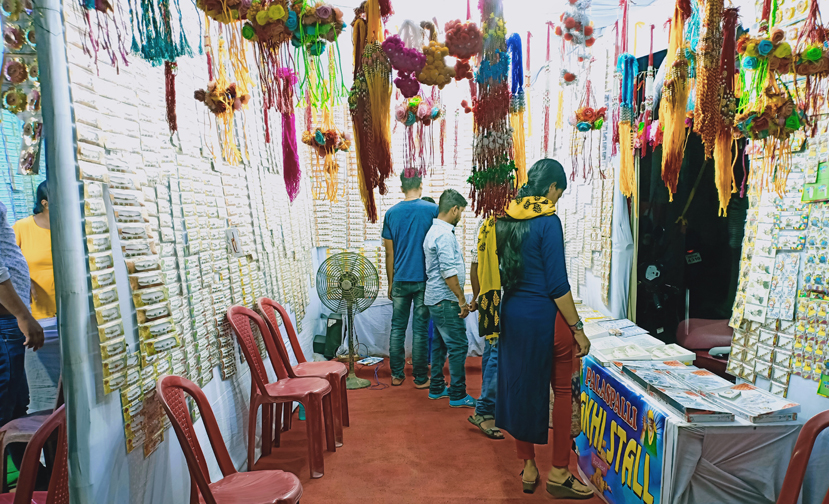How about celebrating Rakhi a little differently? It is well known that the festival celebrates sibling love. A sister ties a colourful and decorated thread around the wrist of her brother and expects her brother to look after her safety and well-being in return.
These days, however, brothers and sisters may not be able to meet for Rakhi as they stay far from each other. Unlike in the earlier days when people used to live in joint families, now many people are part of a nuclear family. This has a direct bearing on festivals. Often, sisters don’t get to see their brothers for years. They send rakhis to their brothers by post or through a courier service. However, there are some women who find happiness in celebrating Rakhi with underprivileged people, tying rakhis on their wrists.
Itishree Mishra, a social activist from Bhubaneswar, has been celebrating the rakhi festival among slum children for the last three years. She said, “I have celebrated the festival in the Laxmisagar slums or among the deaf, dumb and blind students. My brother lives abroad, and I usually send him a rakhi. Tying rakhis on slum children gives me great satisfaction. They are like my own brothers. If I am in a position to help them out today, I should do it. Besides, I have also celebrated the festival in a deaf and dumb school in Bhubaneswar which is visited by many other people including NGOs.”
Itishree explained how it all started: “I found a group of young boys and girls doing social service without any expectation in return. As I was interested in social work, I joined them. They work under a banner called ‘Su-Samparka’ and I am also actively associated with the group.”
The festival also gives an opportunity to many young unemployed youths, who don’t have the means to invest in a permanent shop, to open a temporary rakhi kiosk to earn some money. Chandan Kumar Pati completed his graduation at the Utkal University and these days is in search for a job. Besides, he helps his father run his business. Ahead of the rakhi festival, Chandan has set up a temporary shop in the Palaspalli area of Bhubaneswar. He said, “I have opened this shop along with four of my friends. I hope I will earn well this year. So far, the sales have been good. However, we have decided that we will spend half of the profit for social work. This time, we are giving a cover to every customer on which the name of our group has been printed to publicise it. Our group undertakes social service activities for which only the members pay.”
Tiarah, a Class VII student from Mumbai, who belongs to Bolangir, wants to celebrate Rakhi with her cousins Hardhik, Raja and Lulu. However, they live in different cities and cannot celebrate together. So far, every year she has sent rakhis through a courier service to her cousins. She said, “A few years back, I had a chance to celebrate rakhi in the company of my cousins in Odisha. I hope to get a similar opportunity next year as my parents have agreed to make it possible.”
“We receive almost the same number of rakhis each year for distribution,” said Sudarshan Behera, who works for a courier company in the city. “After social networks became popular, I expected things to change. I thought rakhi messages would be delivered online, instead of rakhis. But that did not happen. People still love to send rakhis through couriers. I need to put extra effort to distribute the huge number of rakhis in time. My sister lives in Keonjhar with her in-laws. She can never find the time to visit me, nor do I get leave to travel to her place. So, she sends a rakhi to me through courier. I think of that when I deliver rakhis and so I don’t feel that I am doing any additional duty. It is my obligation to deliver each parcel I get from my office to the recipients and I am happy doing that.”
Chinmayee Behera lives in Dubai and her brother Surya resides in Delhi. She recalled, “We celebrate Rakhi in Dubai though my brother is not present. But my best wishes are always with my brother back in India. Dubai is a multi-cultural society and we celebrate our cultural functions like we do in India. I am thankful to God who has given me such a caring brother who is always there to love and guide me.”
Himanshu Guru, OP
